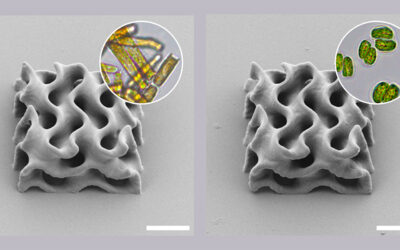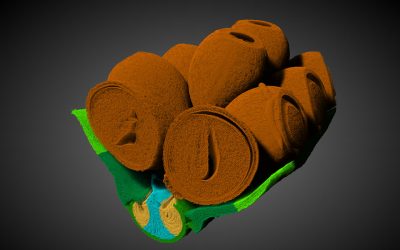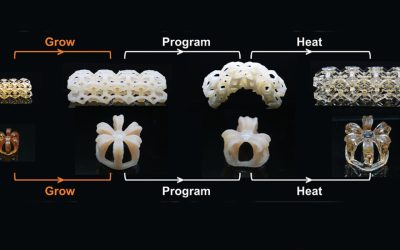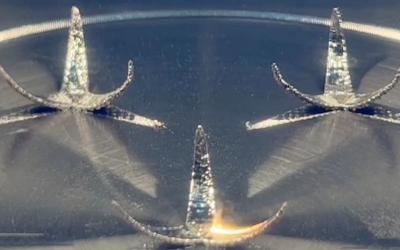BASF and SINOPEC are considering the extension of their Nanjing joint venture BASF-YPC Company Limited with the expansion of existing ethylene oxide (EO) production, and a new plant for neopentylglycol (NPG). BASF-YPC will further expand its acrylic acid value chain with additional acrylic acid and butyl acrylate plants. Production is expected to commence in 2014.
Together with the superabsorbent polymer (SAP) plant, now under construction and also expected to begin production in 2014, BASF-YPC Company will enhance its support to the home care and hygiene industries as well as the coatings, textiles, and construction industries.
“With expanded production of important basic chemicals including NPG and EO, our new world-scale acrylic acid facility, and our butyl acrylate and SAP plants, BASF can further strengthen its production base in the C2 and C3 value chains. These are the starting points for the full range of innovative solutions we offer to nearly every industry. This underlines our confidence in the development of the Asia Pacific and China markets,” said Dr. Albert Heuser, President Greater China and Functions Asia Pacific, BASF.
“With the strengthened cooperation of our joint venture, Sinopec and BASF will satisfy demand for high-quality fine chemicals that can enhance the quality of life for ordinary people. At the same time, the two companies have fully utilized their strengths in resources, technology, talent, market and management, strengthening the core competitiveness of both partners. With this cooperation, Sinopec and BASF have achieved a win-win result and will create further value,” said Mr. Chang Zhenyong, Vice Chief Engineer of Sinopec and Director General of Sinopec Chemical Division .
The partners are considering an expansion of the site’s ethylene oxide unit, which has an existing capacity of 330,000 metric tons per year. EO is a basic chemical mainly used for the production of ethylene glycol, and also for the production of surfactants for washing and cleaning agents, and as a raw material for the production of ethanolamines, glycol ethers and polyurethanes.
Additionally under consideration is a new neopentylglycol unit. NPG is a unique polyalcohol offering superior performance advantages in many end-use applications, due to its high chemical and thermal stability. It is mainly used as a building block in polyester resins for coatings, unsaturated polyesters, lubricants and plasticizers. As the global market leader for NPG, BASF is the only company in the world that has production facilities in Europe, North America, and Asia. As its production benefits from backward integration, BASF offers its customers high delivery reliability.
“We see great market potential in China and the region for these products. These state-of-the-art plants in Nanjing will further strengthen our Verbund site,” said Dr. Stephan Kothrade, President, BASF-YPC Company .
BASF-YPC broke ground on its superabsorbent polymers plant in May 2012. The facility will have a capacity of 60,000 metric tons per year. Superabsorbent polymers are materials with the capability to absorb and hold up to 500 times of their own weight in liquid – even under pressure. The product is used in form of a white grainy powder, mainly to manufacture baby diapers and adult incontinence and feminine hygiene products.
Acrylic acid is an important precursor for the production of superabsorbent polymers. Butyl acrylate, one of the esters of acrylic acid , is used to produce adhesive and surface coating raw materials.
BASF-YPC Company Limited is a 50-50 joint venture formed in 2000 between BASF and SINOPEC.
Source: BASF
















